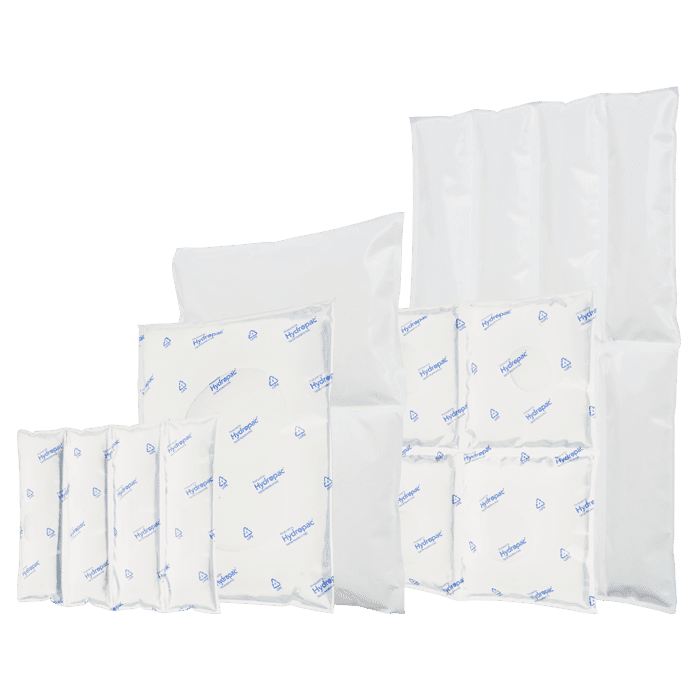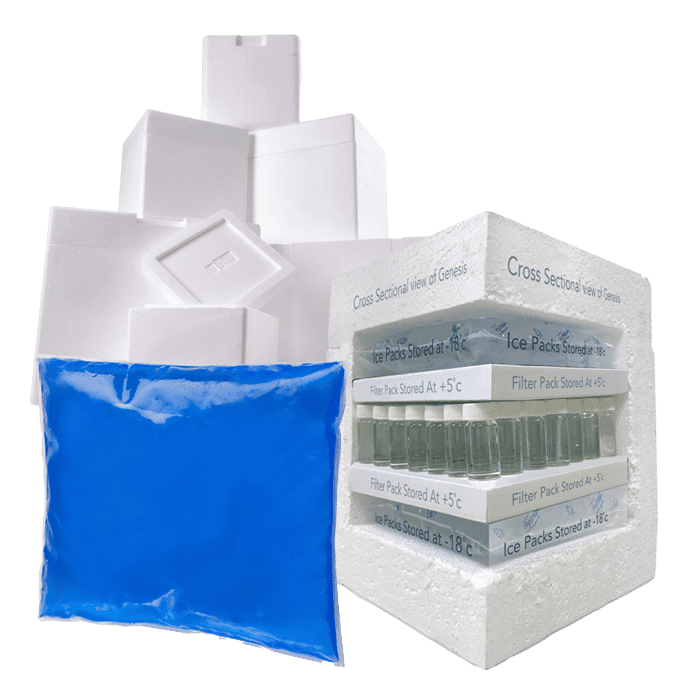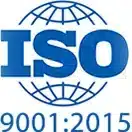Is it cheaper to use recycled materials than virgin materials?
There is big pressure on businesses to use recycled materials among their products and this could be due to the millennials and their drive to shift products to be sustainable. Due to this shift in behaviour, virgin plastics have become increasingly unpopular and the awareness of plastic pollution has grown massively.
Custom chilled solutions for you
Hydropac offers every customer a customized solution for chilled and conditioned shipping. For example, we help a customer with limited freezing capacity to deliver gel packs frozen and ready to use, and we can manufacture almost all shapes and sizes of cooling elements. As a customer, you come first: we are here to help you.
Businesses have become smart to the idea of sustainability and are wisely jumping on the sustainability trend and capitalising on the fact that plastic and non-biodegradable products are ruining the world. This is good for the planet, businesses and the large percentage of the population who want to implement sustainability across the globe.
Recycling plastics and other materials provides a sustainable source of raw materials to businesses, reduces the environmental impact of plastic products due to the amount being sent to landfill and avoids the consumption of the earths oil supply. Due to the fact oil prices have plunged, some factories around the world are mixing virgin plastic and recycled plastic to cut costs. This then allows them to save money but still play a part in sustainability. However, businesses may be using mixed material but selling it as 100% recycled material. This can be portrayed in many different products may it be eco-bags, bottles and much more. It is virtually impossible for someone to visually tell the difference between virgin and recycled plastic by looking at it. It has to be tested in a laboratory to show whether it is recycled or virgin plastic. This then makes it easier for businesses to mix plastics without anyone knowing which is not ethically correct if they market it at 100% recycled plastic. A way to prevent this is by using a recycle certification on products to prove that it is actually 100% recycled. There is still a push for this as it allows product users to know that what they are buying is legit.
Sustainability Hydropac and CSR
Sustainability isn’t just a trend for us – it’s a promise. As we innovate, create, and lead, we keep our planet’s well-being at the forefront. With Hydropac, you’re not just preserving the quality of your cargo; you’re contributing to a healthier world.
Experience the power of sustainable temperature assurance with Hydropac – where excellence and environmental responsibility coexist for a brighter future.







